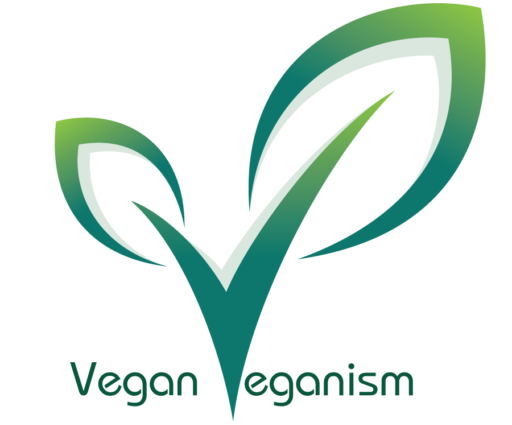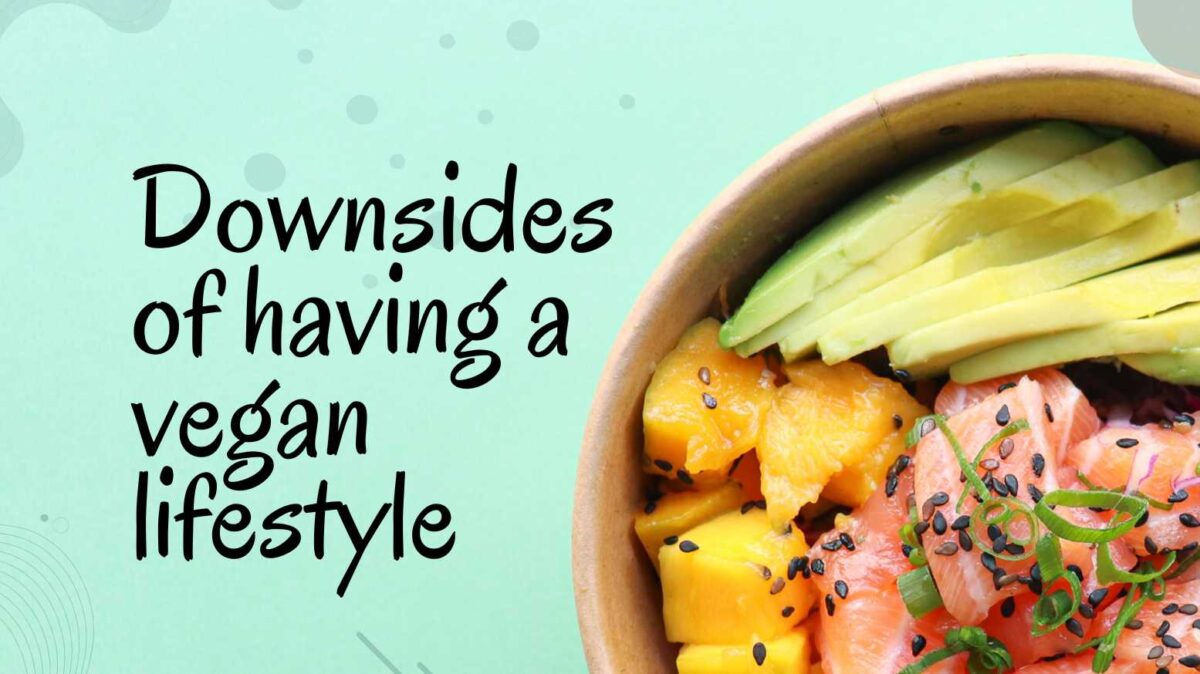The vegan movement has become increasingly popular in recent years due to ethical, environmental, and health-related reasons. Although the advantages of living a vegan lifestyle are frequently emphasized, it is important to recognize that completely switching to a plant-based diet may have drawbacks.
This article explores the difficulties and disadvantages people could experience when going vegan, i.e. downsides of having a vegan lifestyle.
Inadequate Nutrient Intake
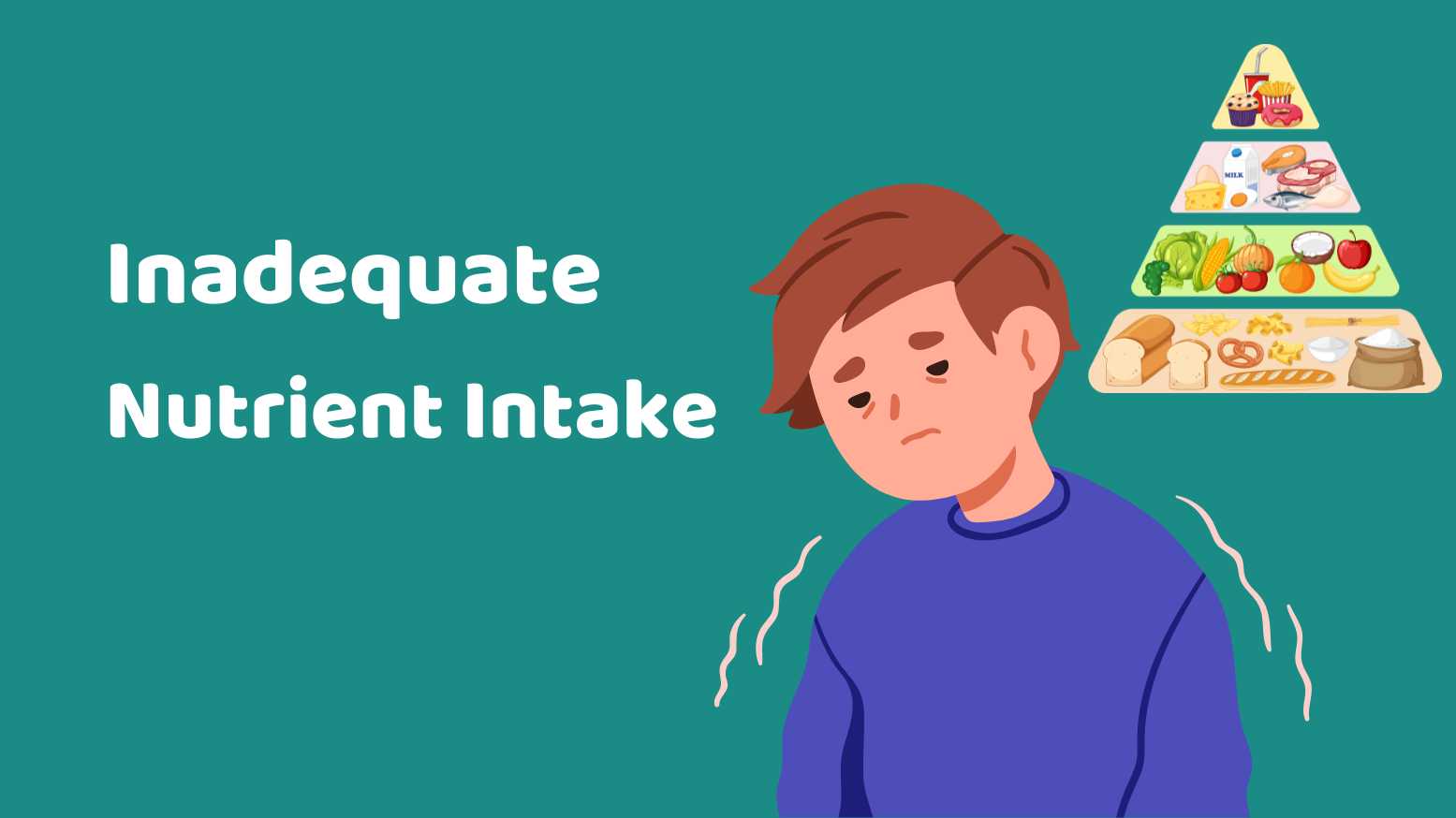
The possibility of consuming insufficient nutrients is one of the main downsides of having a vegan lifestyle. Some vital elements, including zinc, iron, calcium, vitamin B12, and omega-3 fatty acids, are mostly present in animal products. To guarantee they get enough essential nutrients, vegans must carefully plan their diets and frequently rely on supplements or foods that have been fortified.
Inadequate Protein
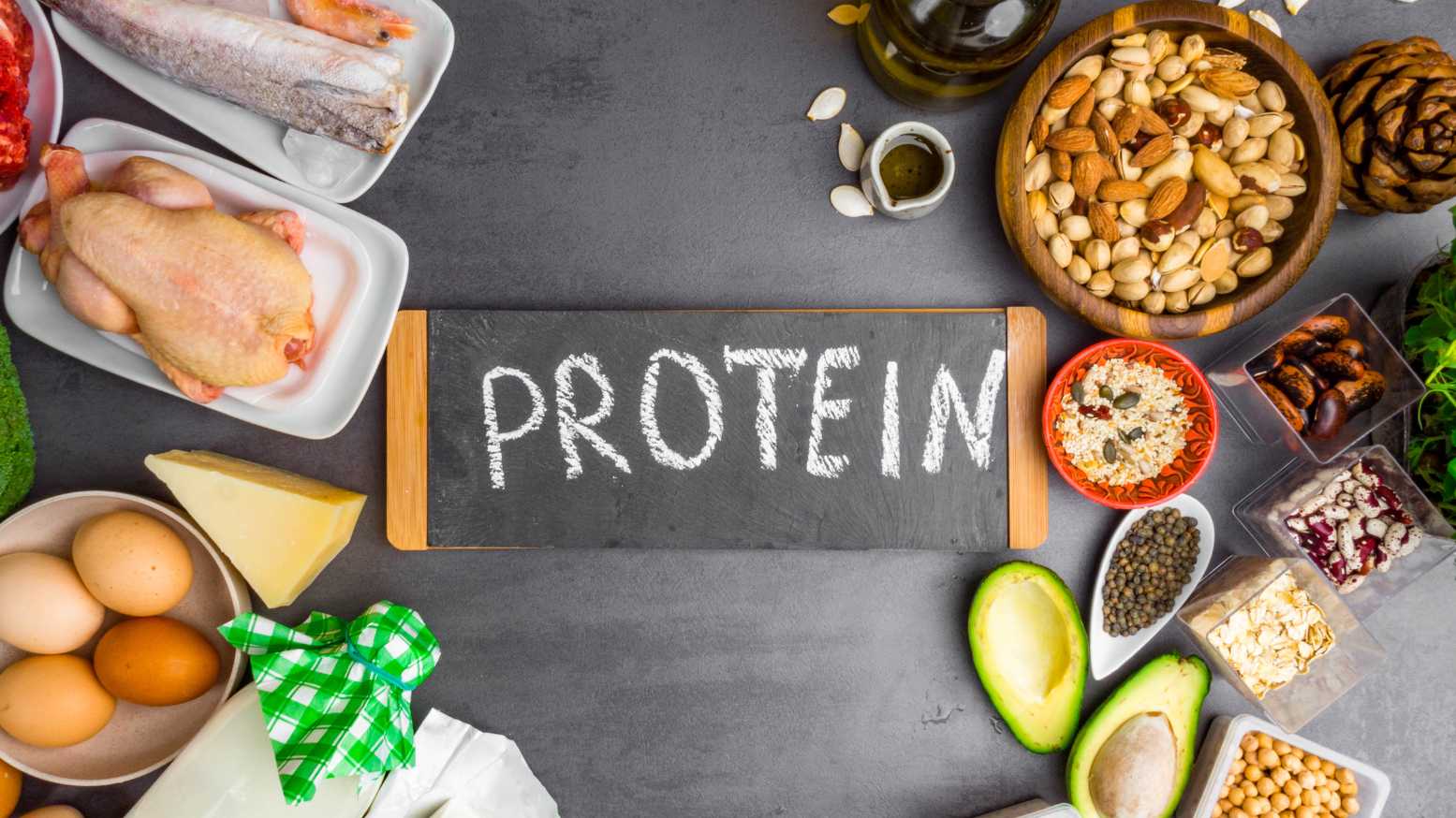
Protein is essential for healthy muscles, a strong immune system, and general well-being. Although there are plant-based sources of protein, it might be difficult to get enough of it from plant-based meals alone. To make sure they receive all of the required amino acids, vegans must carefully combine different protein sources.
Enhanced Consumption of Fiber
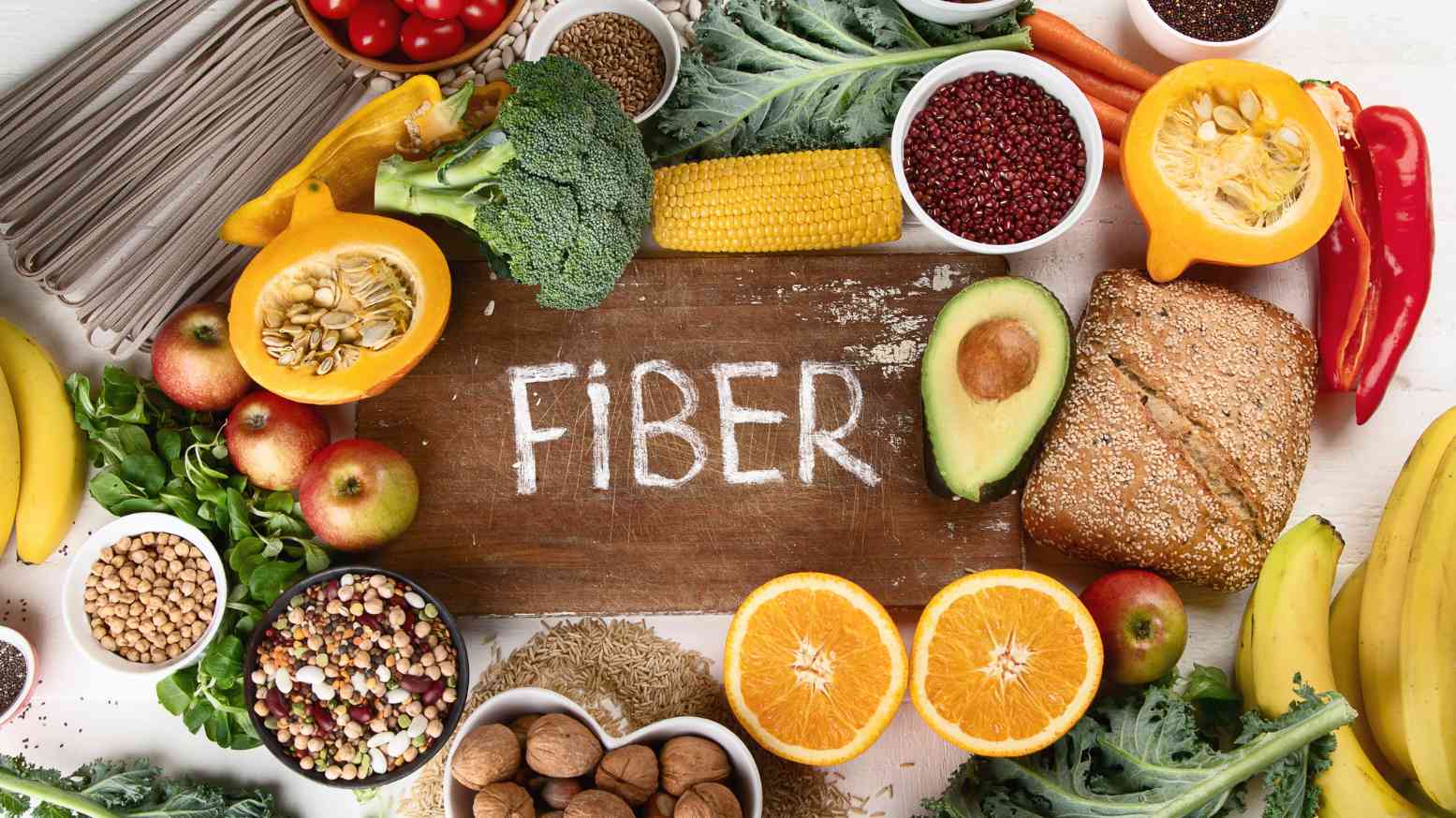
A vegan diet often has a lot of fiber because there are so many fruits, veggies, and whole grains to choose from. Although fiber is essential for a healthy digestive system, a rapid increase in fiber consumption can cause gas, bloating, and discomfort in the gastrointestinal tract. Moderate modifications and adequate water can help lessen these problems.
Enzyme Digestive Difficulties
Some people could have trouble breaking down specific plant substances, like lectins and phytates. These substances may cause discomfort in the digestive system and hinder the absorption of vital nutrients. Foods can be soaked, cooked, or fermented to aid in the breakdown of these substances.
Few Options for Eating Out
Vegans may find their menu options limited in social settings and restaurants, which makes it difficult for them to participate fully in shared meals. This restriction may affect how people interact with one another overall and necessitate cautious planning when dining out.
Influences from Family and Culture
Adhering to a vegan lifestyle might present obstacles for individuals due to cultural norms and family expectations surrounding food. Compromise and honest communication may be necessary to navigate these social dynamics.
Snacking on Processed Foods
Some people use manufactured vegan substitutes to mimic the flavor and consistency of animal-based goods. Although these products are more known, they may be unhealthy due to their high levels of artificial additives, salt, and sugar.
Effects of Plant Agriculture on the Environment
Although large-scale plant agriculture can have ecological repercussions such as habitat destruction, pesticide use, and soil deterioration, veganism is sometimes advocated as an environmentally friendly lifestyle choice. It is imperative to have a nuanced approach to sustainable farming operations.
Changing to a vegan lifestyle has its share of difficulties and drawbacks, from logistical and social obstacles to dietary concerns. It’s crucial to realize, though, that these difficulties can be successfully overcome with careful preparation, dietary instruction, and an awareness of each person’s unique needs.
While minimizing the drawbacks, a well-balanced vegan diet with supplements as needed can support ethical, environmental, and health objectives. As veganism gains more and more traction, more research and a welcoming community may help make veganism the best choice for people everywhere.
You may also like:
- Can everyone be vegan
- Is it Wrong to Not be a Vegan
- What else can I try if I can’t go completely vegan
FAQs
1. Why is nutrient intake a concern for vegans?
Nutrient intake is a concern for vegans because some essential elements like zinc, iron, calcium, vitamin B12, and omega-3 fatty acids are predominantly found in animal products. Vegans need to plan their diets carefully and may rely on supplements or fortified foods to ensure they receive sufficient nutrients.
2. How can vegans address protein deficiency?
While plant-based sources of protein exist, it can be challenging to obtain adequate protein from plant-based meals alone. Vegans must carefully combine different protein sources to ensure they get all the required amino acids for healthy muscles, a strong immune system, and overall well-being.
3. Why might an increased fiber intake pose challenges for vegans?
A vegan diet, rich in fruits, vegetables, and whole grains, often leads to increased fiber intake. While fiber is essential for a healthy digestive system, a sudden increase can cause gas, bloating, and gastrointestinal discomfort. Gradual modifications and sufficient water intake can help alleviate these issues.
4. How do digestive enzyme difficulties affect vegans?
Some individuals may struggle to digest specific plant compounds like lectins and phytates, leading to digestive discomfort and hindering nutrient absorption. Soaking, cooking, or fermenting foods can assist in breaking down these compounds.
5. What challenges might vegans face when dining out?
In social settings and restaurants, vegans may find limited menu options, making it challenging to fully participate in shared meals. This limitation can impact social interactions and necessitate careful planning when dining out.
6. How do family and cultural influences affect a vegan lifestyle?
Adhering to a vegan lifestyle may pose challenges due to cultural norms and family expectations surrounding food. Navigating these social dynamics may require compromise and honest communication to maintain relationships and cultural connections.
7. Why should vegans be cautious about snacking on processed foods?
Some vegans opt for processed substitutes to mimic the taste of animal-based products. While these alternatives may be familiar, they can be unhealthy due to high levels of artificial additives, salt, and sugar. Choosing whole, plant-based foods is recommended for optimal health.
